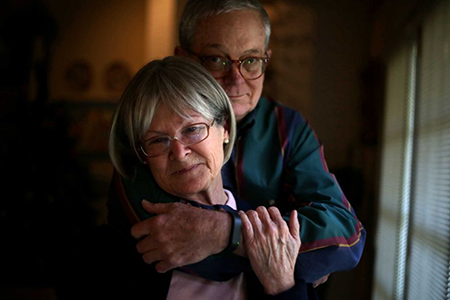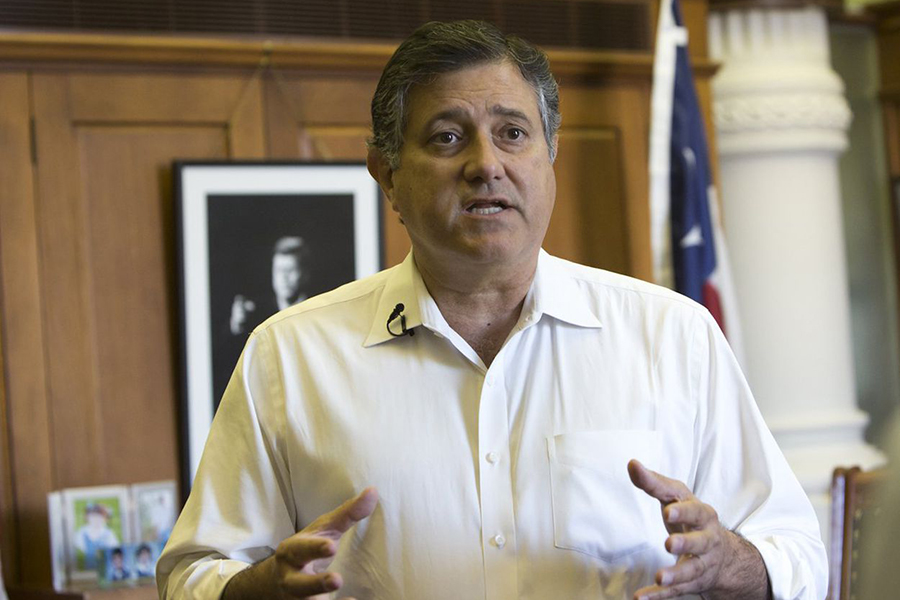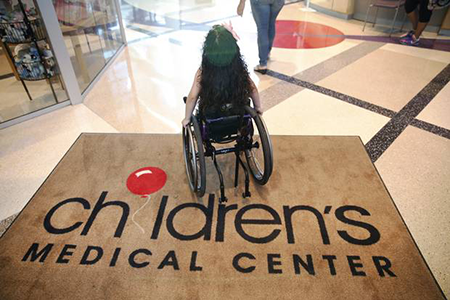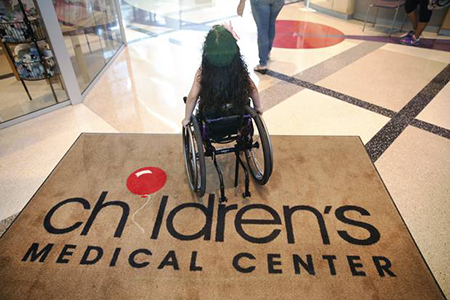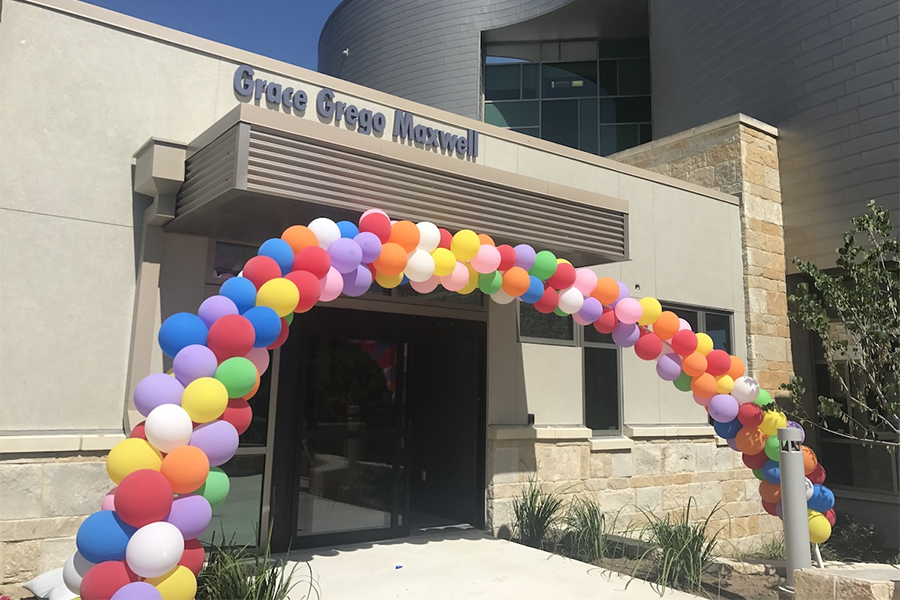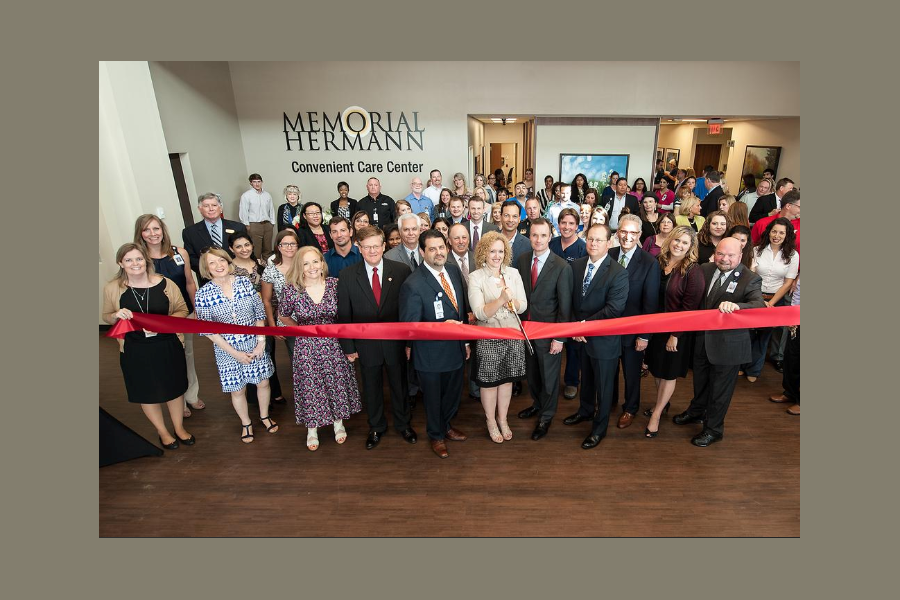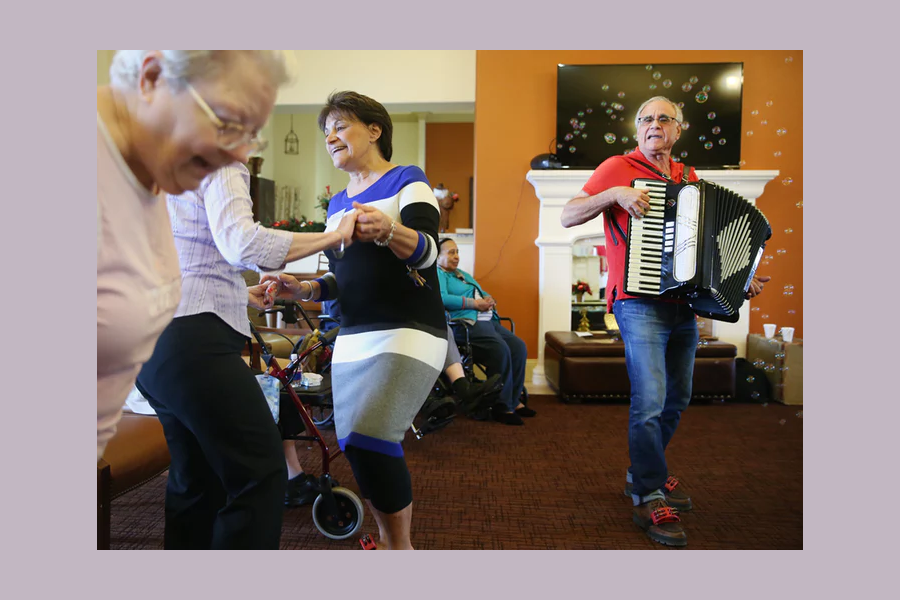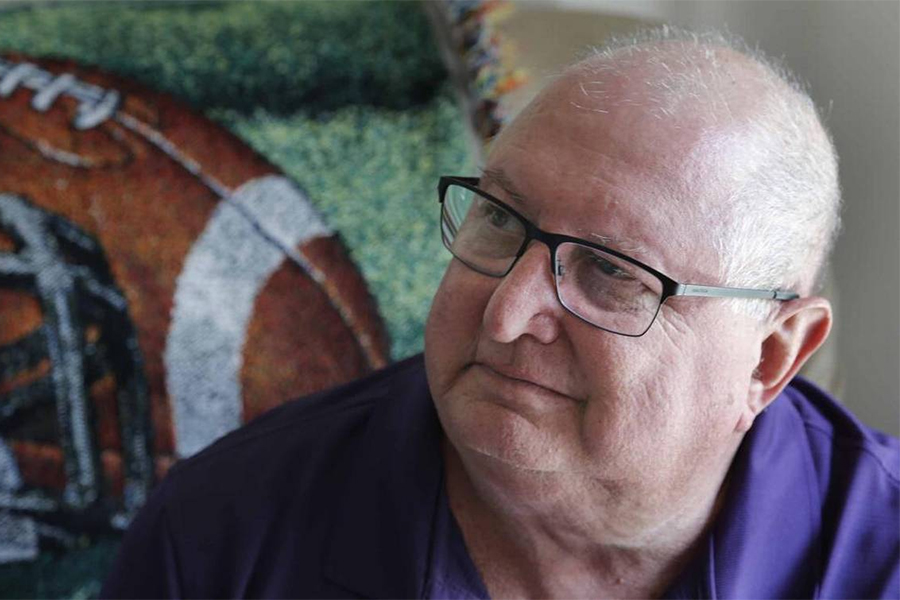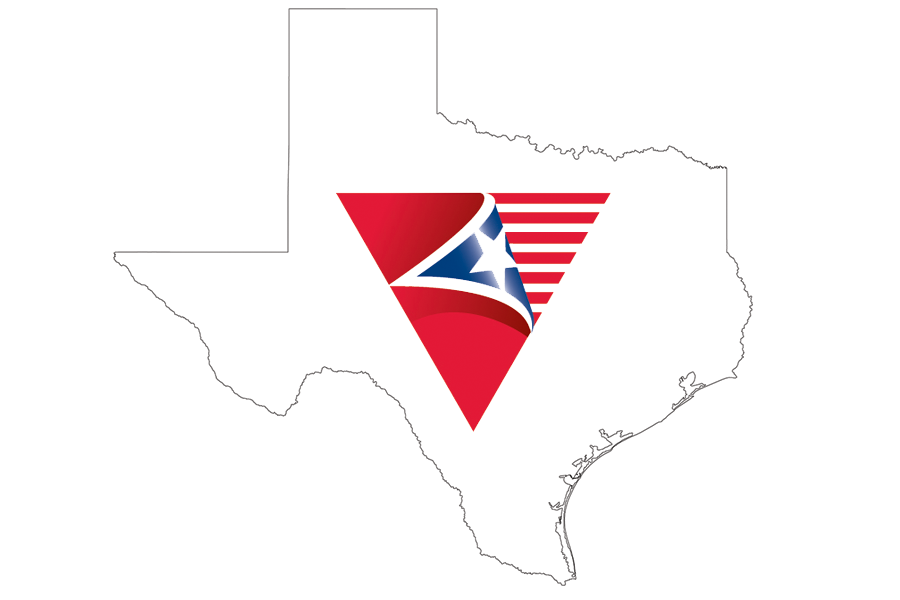Texas Children’s Hospital News Release | April 21, 2016
Baylor College of Medicine and Texas Children’s Hospital are part of an online autism research initiative, one of the largest studies on autism to be undertaken in the United States. The Simons Foundation Powering Autism Research for Knowledge (SPARK) study will collect information and DNA for genetic analysis from 50,0000 individuals with autism and their families to advance the understanding of the causes of this condition and to promote the discovery of treatment and support.
The Baylor/Texas Children’s site is one of 21 research sites across the country that is collaborating in this effort. Dr. Robin Goin-Kochel, assistant professor of pediatrics in the section of psychology at Baylor and associate director for research at the Autism Center at Texas Children’s, will lead the study locally. Nearly 700 individuals with autism and their family members will be recruited annually over the next three years to participate in the effort at Baylor/Texas Children’s.
“The SPARK study will empower researchers to make new discoveries that may ultimately lead to the development of new supports and treatments to improve the lives of people with autism,” said Goin-Kochel. “It is one of the most insightful research endeavors to date on this disease.”
Autism is known to have a strong genetic component. Already, about 50 genes have been identified that are believed to play a role in autism, and scientists estimate that an additional 300 or more are involved. By studying these genes, associated biological mechanisms and how genetics interact with environmental factors, researchers can better understand the condition’s causes and link them to the spectrum of symptoms, skills and challenges of those affected.
SPARK aims to speed up autism research by inviting participation from the large, diverse autism community, with the goal of including individuals with a professional diagnosis of autism of both sexes and all ages, backgrounds, races, geographic locations and socioeconomic situations.
The initiative will catalyze research by creating large-scale access to study participants whose DNA may be selectively analyzed for a specific scientific question of interest. SPARK also will elicit feedback from individuals and parents of children with autism to develop a robust research agenda that is meaningful for them.
Read the full article on www.texaschildrens.org/









